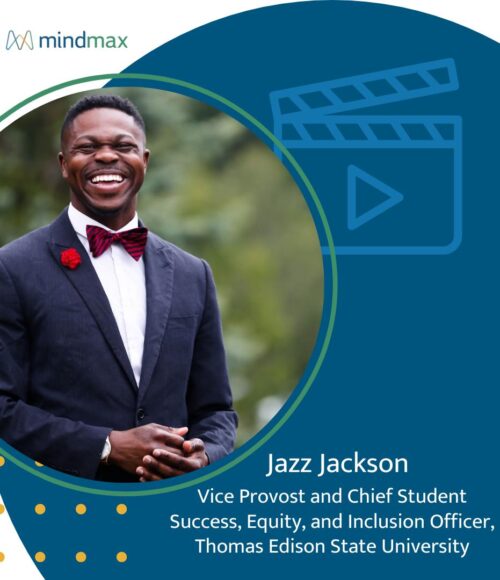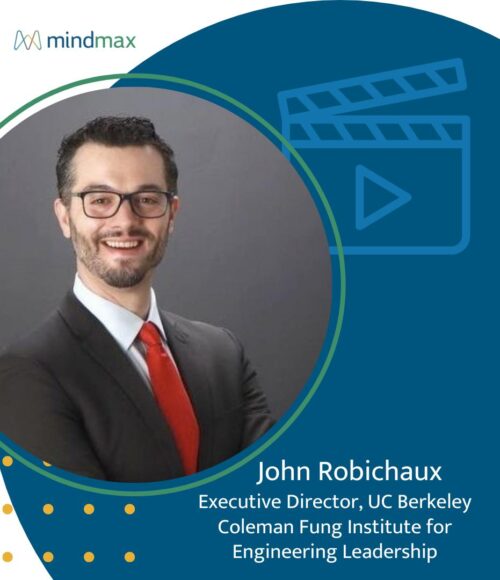Reflection & Predictions: A Conversation on Higher Education Trends

Reflection & Predictions: A Conversation on Higher Education Trends
What do higher education leaders worry about the most? What gives them hope for the future of our field?
I recently hosted an interactive event bringing together leaders and pioneers in the higher education community for an evening of discussion on an important and relevant topic: Reflections & Predictions.
The panelists in attendance included some of my personal mentors:
Bea Gonzalez, Former VP for Community Engagement, Special Assistant to the Chancellor and Dean of University College at Syracuse University
Hunt Lambert, Dean Emeritus of the Division of Continuing Education and University Extension at Harvard University
Karen Sibley, Ed.D., Former Vice President for Strategic Initiatives and Emeritus Dean of the School of Professional Studies at Brown University
Gary W. Matkin, Ph.D., Former Dean, Continuing Education, Vice Provost Career Pathways
Each panelist expressed thoughtful insights on higher education trends, and I’d like to share some of those insights with you today.
Reflections: What are Higher Education Leaders Most Worried About?
First, I asked the panelists to tell me about what’s been disturbing them lately. Here are their answers:
Bea Gonzalez
“I’m really disturbed by the fact that inclusion has not gained more ground,” said Bea. She lamented that despite how much higher education adapted in the past few years to improve access during the pandemic, the doors remained closed to people who were already excluded.
“Even in our public school, we had to really fight to get equipment out to students who needed equipment so that they could at least try to attend school remotely,” explained Bea. “So it was really disturbing to see the inequities continue to mount.”
Gary W. Matkin
Gary spoke about the broken social contract between universities and society at large. “The second revolution in higher education, which I take to mean the introduction of the internet, really disrupted everything,” explained Gary. “It challenged every tradition we have, and it set a bar for progress that has been difficult to meet.”
Karen Sibley
Karen piggybacked on Gary’s comment, acknowledging that while higher education has made progress in upholding the social contract, she finds the polarization of American society “disturbing” and sees that higher education is sitting right on the precipice of it.
“Higher education is and always will be incredibly important, but it’s not responsive enough,” said Karen. “Part of what’s causing this polarization is that we’re not listening to each other. In higher education, of all places, we should be listening to everyone and trying to figure out how to address the needs of a wide variety of people in this country.”
Hunt Lambert
Hunt expressed his concern that the realities of the broken higher education business model are finally catching up with the industry, referencing Harvard professor Clayton Christensen’s prediction that 50% of colleges and universities will go under in the coming decade.
“In every business in every industry in the 21st century, information has become the central strategic asset from which to build. In our case, we serve students, and our information about students is almost entirely defined by a student information system driven by a supply-side model,” said Hunt.
He went on to state, “I don’t see anybody building a true strategic information system or a CRM base to implement what many of us have been calling the ‘60-year curriculum,’ a model that would provide support for an individual from their first touch of learning through a successful first job, second job, third job, retirement, and beyond.”
Predictions: Hope for the Future of Higher Education
Now, let’s take a more optimistic look at higher education trends. Here’s what the panelists said they were feeling hopeful about:
Hunt Lambert
According to Hunt, the pandemic has proven that online learning is a successful method of education, kicking off the “hybrid future” higher education leaders have been talking about for a long time.
“Everybody worldwide has been exposed to the fact that online learning actually works,” he said. “Most people didn’t believe it would until they tried it. And now many people I’ve talked to have taken the next steps to discover all the incredible things you can do with online learning that you can’t do in a classroom.”
Bea Gonzalez
Bea’s answer was deeply personal, focusing on her own work at Syracuse University.
“I took the long view with many of my projects while I was at Syracuse in terms of community engagement. And I’m now beginning to see the fruits of that labor.” She credits the pandemic with accelerating progress on meaningful initiatives such as decreasing poverty rates and increasing reading rates, noting that it “forced people to interact with each other in a different and more urgent way.”
Gary W. Matkin
Putting a more positive spin on his take about the broken social contract between universities and society at large, Gary expressed hope that universities, employers, and technologies will come together in such a way to begin mending that contract.
Karen Sibley
Karen said she sees a shift in college faculty taking a deeper interest in the practice of pedagogy to improve their teaching. Echoing Hunt’s words, she discussed how online learning during the pandemic catalyzed faculty members to not only explore new tools and new ways of teaching but also to acknowledge the extent to which responding to students’ needs is a critical aspect of teaching.
“I’ve heard so many people say, ‘What I learned from teaching in the online space, I now bring back to my face-to-face instruction,’” said Karen. “And I have actually heard about people who were incredibly resistant to teaching online who are now begging to have the opportunity to teach online for a subject that they once believed had to be taught in a classroom.”
Until Next Time. . .
I’m grateful to each panelist for partaking in such an important discussion about the past, present, and future of higher education. As I host more events, I’ll be sure to share the higher education trends I observe here and on my LinkedIn.
In the meantime, if there is anything MindMax can do to help your school with strategic enrollment management, please don’t hesitate to reach out.
Related Ideas
Jazz Jackson Wants to Help Every Student Finish What They Start

John Robichaux Wants Lifelong Learning to Drive Public Impact
